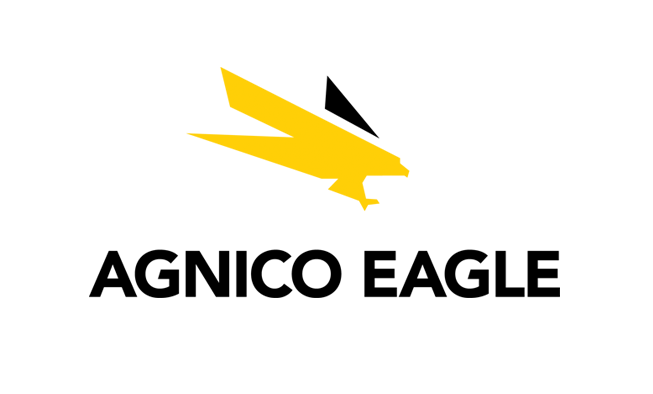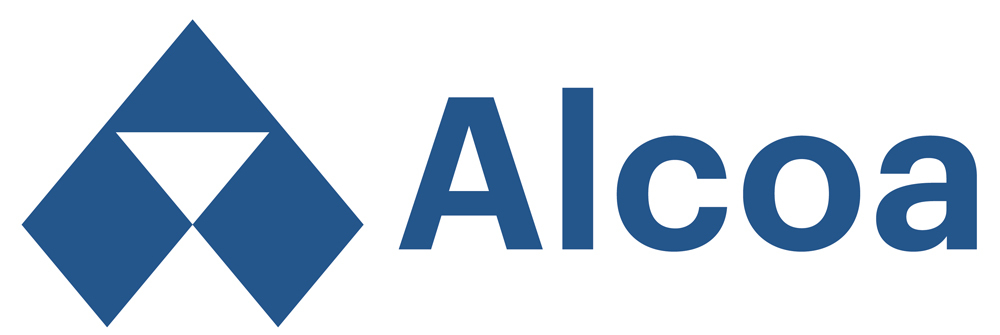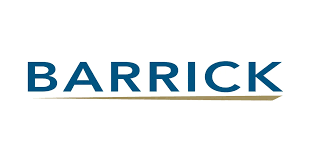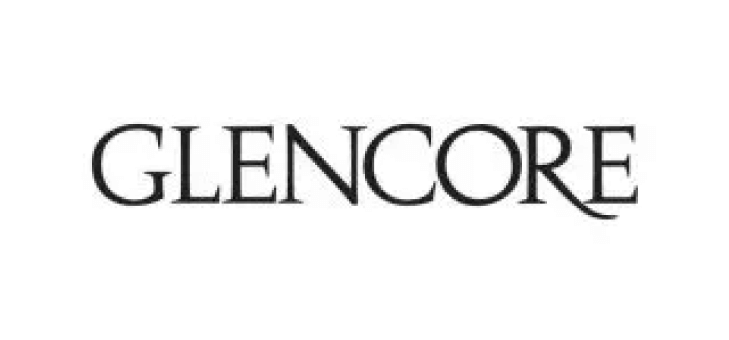How does mechanical evaporation compare to wastewater treatment?
Wastewater treatment is a critical component of industrial water management, yet many industries struggle to balance regulatory compliance and cost-effectiveness.
So, imagine transforming your entire approach by integrating mechanical evaporation, a solution that cuts down on storage risks and regulatory hurdles without the hefty infrastructure costs typically associated with the traditional wastewater treatment process.
At Minetek, that can be a reality. As an industry leader in innovative water solutions, we provide cutting-edge mechanical evaporation systems designed to tackle these challenges. With more than 600 projects delivered across the globe, our expertise offers a better path forward for industries seeking to optimize their water management strategies.
But how exactly does mechanical evaporation stack up against traditional wastewater treatment? Let’s go into the specifics.
Mechanical evaporation and wastewater treatment serve different purposes.
Industrial wastewater treatment and mechanical evaporation address different needs in water management. Here are the basics:
- Wastewater treatment: Wastewater treatment is all about making contaminated water safer or suitable for reuse by removing pollutants.
- Mechanical evaporation: Evaporation focuses on reducing the volume of water. Water is converted into vapor, and by reducing the amount of wastewater, companies can either reduce or even completely eliminate the need for extensive wastewater management treatment.
What about industry applications and regulations?
Certain industries face stringent discharge regulations that make oil and gas wastewater treatment unavoidable. For these sectors, adhering to legal and environmental standards requires a reliable system to strip harmful substances from water.
But mechanical evaporation offers an alternative approach by addressing water volume at the source, bypassing the chemical and biological treatments associated with traditional treatment plants. This can be advantageous in sectors where meeting compliance is critical, providing a streamlined way to handle excess water without intricate processing requirements.
Mechanical evaporation can work independently or integrate with wastewater treatment systems.
In some settings, mechanical evaporation serves as the primary method to manage water waste, mainly because of its ability to reduce water volumes without needing high-infrastructure solutions. However, it can also complement existing water treatment systems you already have, enhancing overall efficiency.
Evaporation technology reduces storage risks and regulatory challenges.
Tailings dams, evaporation ponds and wastewater storage facilities pose significant environmental and safety risks.
These hold large volumes of industrial wastewater, which, if not managed properly, can lead to structural failures and environmental hazards. Mechanical evaporation can serve as a proactive measure for mitigating storage-related risks. These systems work effectively by reducing the water volume, thus lessening the burden on these facilities and minimizing potential spills and other risks.
Flooding and seepage from tailings dams, for example, can be significantly mitigated when the stored water volume is reduced through evaporation.
Water volume management often proves superior to treatment processes.
Mechanical evaporation differs from traditional wastewater treatment by minimizing wastewater volume. Unlike treatment processes that prepare water for reuse or discharge, mechanical water evaporation reduces the overall volume of wastewater that companies need to handle.
This decrease in volume directly diminishes the need for extensive storage, transport or further treatment, which are all resource-intensive processes. For industries facing regulatory scrutiny over mining water disposal methods and other similar practices, cutting down on wastewater volume is a practical step towards more sustainable and efficient operations.
Evaporation supports regulatory compliance by helping industries manage water responsibly.
Industries such as mining and oil and gas, as well as other heavy industrial sectors, often deal with stringent wastewater management regulations. These regulations mandate efficient mine water disposal methods, especially when high volumes of potentially hazardous water are involved.
A mechanical evaporation system helps by reducing the excess water that needs to be handled, aligning operations with environmental standards and easing compliance burdens.
Mechanical evaporation is also a cost-effective alternative.
Mechanical evaporation operates with lower operational costs compared to methods like acid water treatment. After all, industries managing vast amounts of wastewater often face the hefty financial burden of establishing and maintaining a traditional wastewater treatment plant.
These expenses can add up quickly, creating financial strain, especially for industries dealing with large volumes in their water management process.
Mechanical evaporation, however, simplifies this by reducing the need for extensive infrastructure and consumables. This makes it a more cost-efficient solution for industries looking to manage their wastewater in a budget-conscious manner.
Frequently Asked Questions (FAQ)
How can power plants reduce wastewater volumes sustainably?
You can reduce power plant wastewater volumes by using mechanical evaporation systems. These systems convert excess water into vapor, minimizing storage and chemical treatment needs. Energy-efficient evaporation lowers operational costs while ensuring compliance with environmental regulations, enhancing both sustainability and cost-effectiveness in wastewater management.
How does wastewater evaporation compare to traditional treatment methods?
Wastewater evaporation removes water entirely, while traditional treatment methods treat contaminants for reuse or safe discharge.
If you want a lower-cost solution and don’t want to deal with the complicated process of transporting water to a treatment plant or setting up your own treatment facility, our wastewater evaporator solutions win out.
Using our mobile evaporators is cost-effective, requires minimal maintenance compared to treatment facilities and operates with simpler infrastructure, offering a streamlined alternative to conventional treatment methods.
What are the key considerations for wastewater treatment in mining?
Key considerations for wastewater treatment in mining include handling high Total Dissolved Solids (TDS) and Total Suspended Solids (TSS). Meanwhile, Minetek’s mechanical evaporation systems can manage extreme contamination, processing solids up to 4.0 mm in diameter and pH levels from 1.8 to 14+.
Our innovative solutions drive compliance and efficiency.
Minetek empowers industries with groundbreaking solutions in air, water and sound management. With a global reach, we’ve executed over 600 projects across 30 countries that meet regulatory standards. Our expertise bridges practical engineering and inventive design, providing cost-effective avenues to tackle contemporary environmental challenges.
Whether you’re looking for a land-based or floating water evaporator, you can trust Minetek to deliver impactful, sustainable water compliance solutions that safeguard environmental integrity and optimize resources. Call us now.
Maximum evaporation efficiency
Minetek can predict the efficiency of our evaporators in your specific operating climate with a site-specific analysis. Our modelling is based on specific data inputs such as humidity, rainfall, elevation, pan evaporation, Total Dissolved Solids (TDS), and temperature. This enables us to understand the evaporation rates we can achieve over 12 months in any specific climate conditions across the globe.
Environmental Management System (EMS)
Monitor and respond to environmental condition changes like humidity, rain, and wind in real time with Minetek’s EMS. Communicating wirelessly via a remote controller, our adaptable EMS system is governed by a weather station that optimises operation according to a broad range of adjustable parameters, including optimum sun-up/ downtimes, relative wind speed and direction, humidity and temperature, system water flow, and pressure.
Versatile evaporator applications
Explore a multitude of uses for Minetek's evaporator technology, from pit dewatering to zero liquid discharge solutions. Our innovative systems address water management needs across diverse industries, including tailings dams, mine closure, emergency response, acid water management, and more. With adaptable designs, they mitigate dam risks and suit any industrial organisation that manages wastewater.
Proven success in the most challenging landscapes
From the cold of Alaska to the burning heat of the Sahara, Minetek’s water evaporation technology is utilised by regulatory authorities, governments and the world’s leading mining, oil & gas and industrial companies.
Our systems boast a broad range of volume capacity, operating in excess of 2,160 m3/hour, with low maintenance and 24/7 automated operation. Our environmentally sustainable solutions offer rapid deployment and proven performance in all climates, featuring unit angle adjusters, low-fowling stainless steel nozzles, stainless steel filter systems and the ability to process water with high TDS and TSS. Delivered and installed globally, our mobile and modular systems require minimal footprint and power, with a fully integrated Environmental Management System (EMS) that monitors and responds to changes in environmental conditions in real time.
High-pressure atomising stainless steel nozzles
Low fouling spiral water fracturing nozzles engineered to evaporate water with high TDS and TSS.
Broad range of volume capacity
Minetek’s evaporation systems operate and process in excess of 2,160 m3/hour and are not susceptible to changes in feed water quality.
24/7 automated system operation
Monitoring and responding to changes in environmental conditions in real-time using the Minetek Environment Management Solution (EMS) allows operators to stay ahead of the curve with fully automated operation.
Turnkey installation & commissioning
Minetek offer a total turnkey package solution for customers who prefer to have the entire project, designed, engineered and managed from start to finish. This includes an initial site assessment, through to a fully energised and automated evaporation system. Minetek is also able to provide commissioning & training.
How it works
Minetek’s evaporators enhance natural evaporation to effectively process produced water. Our patented designed evaporators fracture liquid into atomised droplets, elevating them into the atmosphere.
Minetek’s evaporators are 10X more cost effective than traditional water management solutions
Considering the CAPEX & OPEX costs mechanical evaporation in comparison to water treatment, sprinklers irrigators, new dam construction, water haulage and water pumping, Minetek’s mechanical evaporation solutions are 10X more cost effective.
Filter system reduces maintenance requirements
Minetek’s stainless steel filter system is adaptable to any setup and prevents nozzle ring blockages. Designed for seamless operation, it allows cleaning without system shutdown, complemented by automated alerts for maintenance, integrated into the EMS system.
Water management applications
Minetek's evaporators cater to a diverse array of industries involved in water management, including mining, oil & gas, municipal sectors, waste management, and industrial settings. Our versatile water management solutions can be seamlessly integrated across various industries and applications to effectively address water management challenges.







